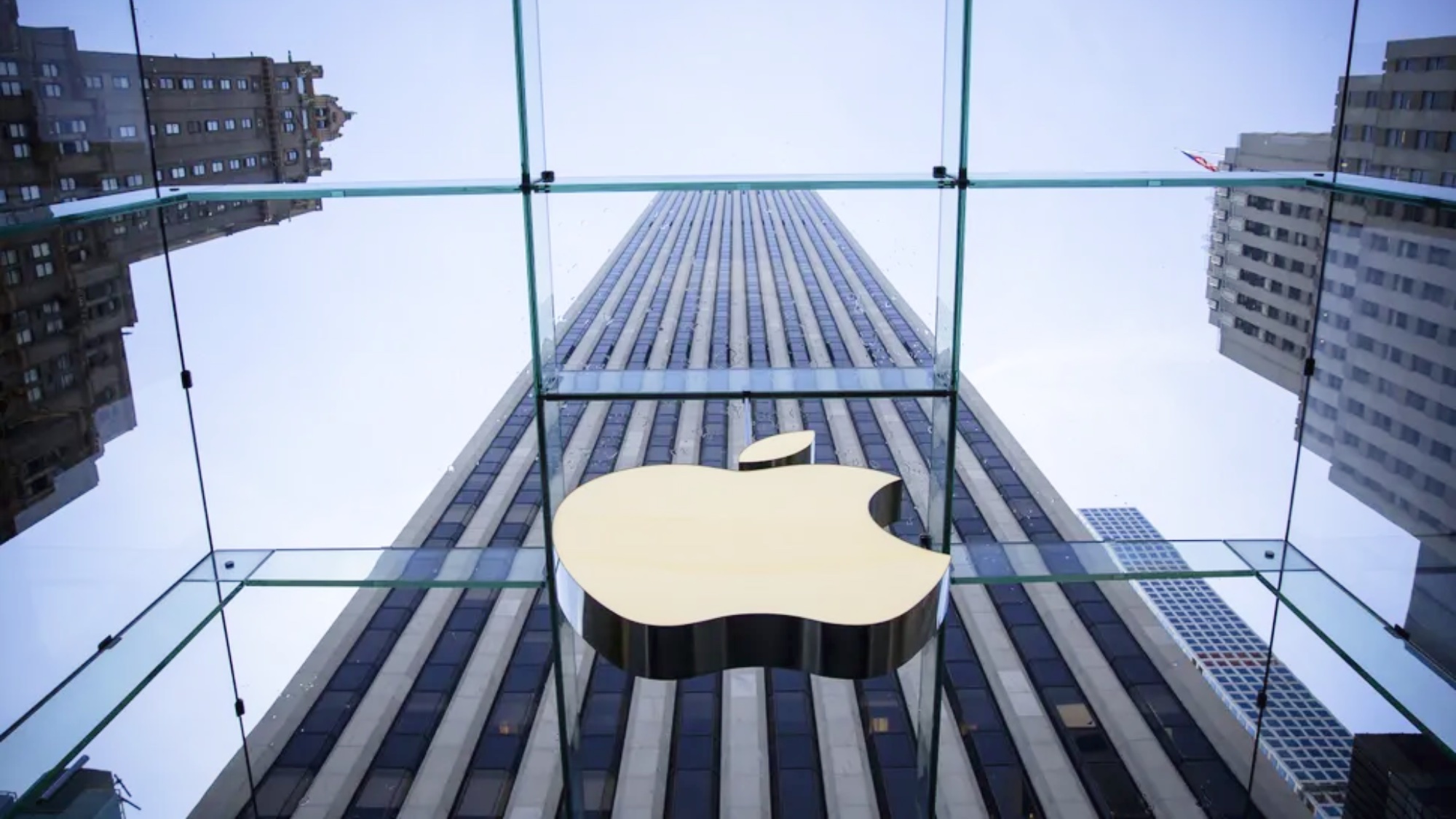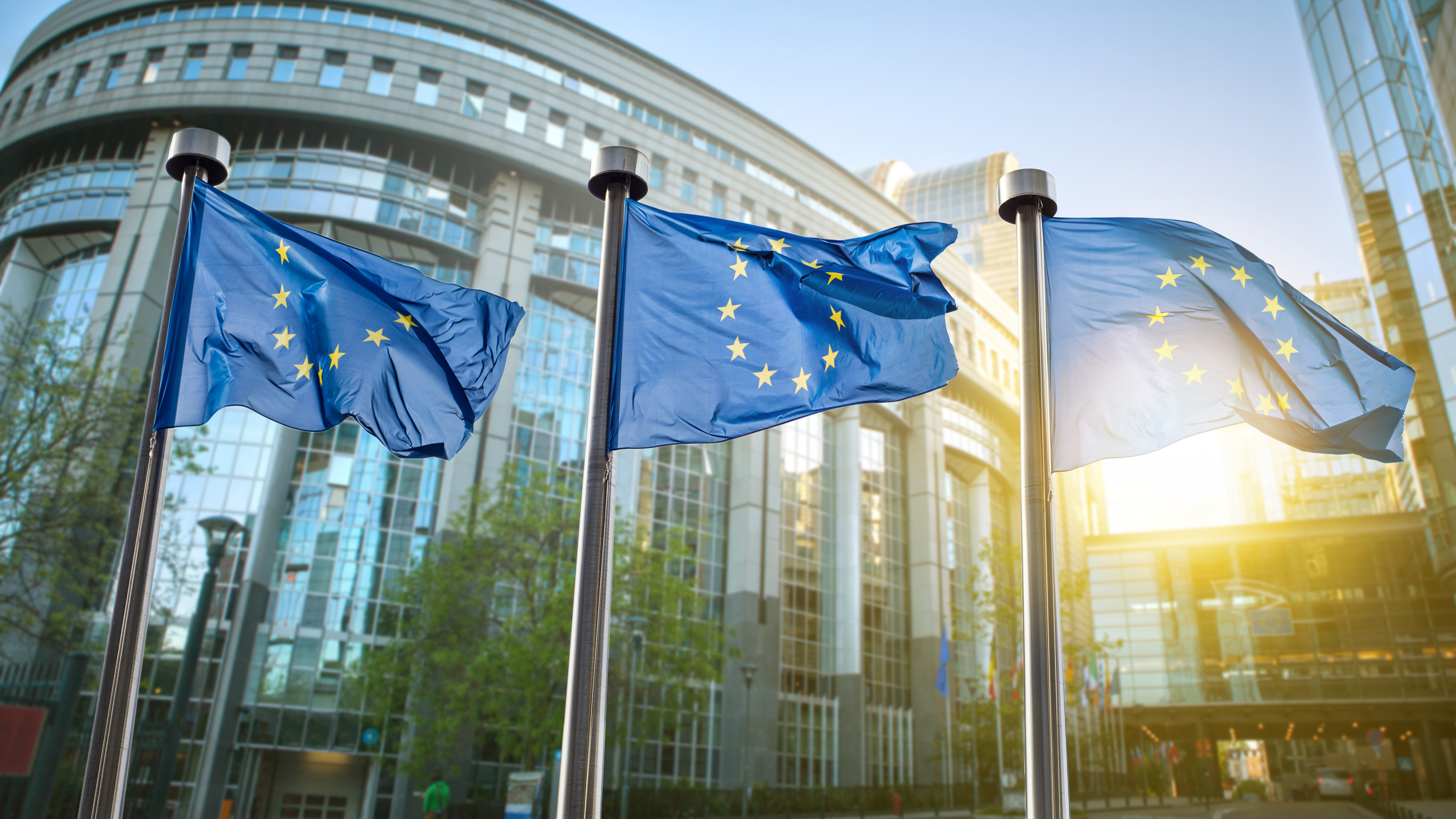
Apple and the EU have a tough relationship, it seems. First, E.U. regulators forced Apple to ditch Lightning for USB-C and now the point of contention is the App Store itself.
The company has become the first ever to be charged with violating the Digital Markets Act (D.M.A.), a pro-competition E.U. law passed in 2022 that seeks to stop "gatekeepers" from locking customers into ecosystems. In the case of the App Store, this means allowing app developers to steer consumers to offers outside Apple's walled garden free of charge.
Apple, for its part, has always maintained that granting these freedoms could compromise user security and best interest. But the E.U. isn't swayed. Today (June 24), regulators in Brussels returned a preliminary charge that Apple does not fully allow the aforementioned steering and, as such, could be on the hook for a penalty of up to 10% of global revenue. Given Apple made $383 billion in revenue last year, that's no small amount. What's more, the fine could go up to 20% for repeat infringements.
In addition to announcing the charges (the result of an investigation begun in March), the European Commission (the EU's executive branch) is also looking into Apple's support for alternative iOS app stores and the fees it charges developers.
"Today is a very important day for the effective enforcement of the DMA: we have sent preliminary findings to Apple," said Margrethe Vestager, Executive Vice-President in charge of competition policy.
"Our preliminary position is that Apple does not fully allow steering. Steering is key to ensure that app developers are less dependent on gatekeepers’ app stores and for consumers to be aware of better offers."
Apple EU ruling: What does it mean for users?

Regulators have said these charges are preliminary and have been sent to Apple, giving the company a chance to respond.
A final decision will be announced by next March. Apple, for its part, has defended its practices. “Throughout the past several months, Apple has made a number of changes to comply with the D.M.A. in response to feedback from developers and the European Commission,” Apple said in a statement. “We are confident our plan complies with the law.”
But it seems like there will be repercussions. Apple has confirmed that its highly-anticipated Apple Intelligence features announced at WWDC will likely not be coming to customers in the European Union because of the D.M.A. The blocked features may include not only Apple Intelligence, but also iPhone Mirroring and SharePlay Screen Sharing, announced as part of iOS 18 and macOS Sequoia.
It's unclear if this will still be the case in a years' time. But if so, it would mean hundreds of millions of people won't get access to some of the most exciting new features to come to the iPhone (and iPad and Mac) in a long while.







